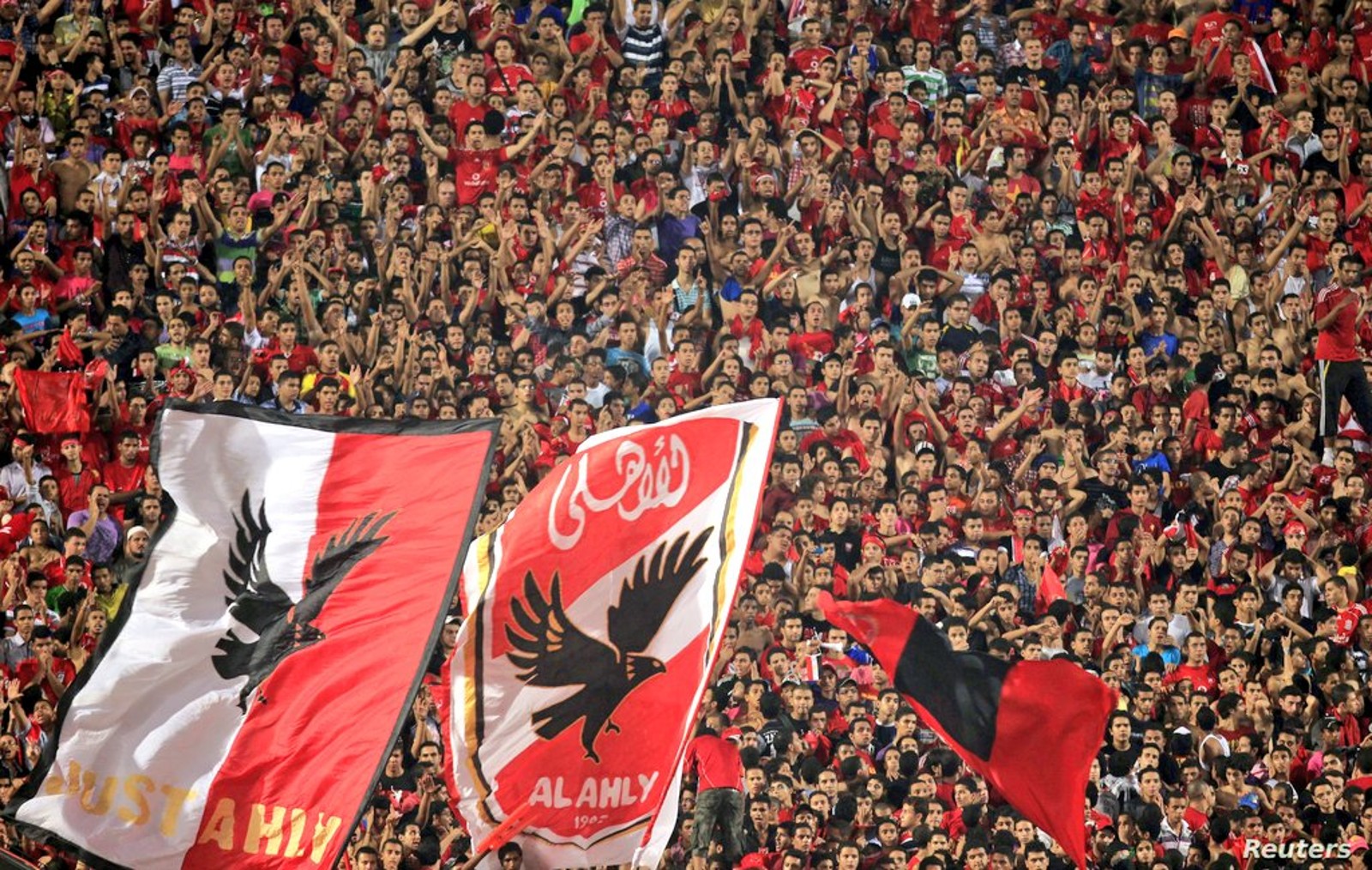Paint the EGX (a different shade of) red

Al Ahly could offer almost half the club in an IPO on the EGX, Chairman Yassin Mansour told Al Arabiya in a story published on Friday. The club’s board are considering listing a 49% stake on the exchange, he told the UAE-based outlet, without disclosing a timeline for the sale.
Shares will be sold in the newly-formed Al Ahly Football Company (AAFC), which according to board member Mohamed El Damaty, will hold all of the club’s football-related assets by June 2022. In an interview with Al Mal TV last week (watch, runtime: 55:46), El Damaty said the company will be responsible for managing and organizing all the club’s professional football activities including academies, local and international competitions, marketing activities, merchandise, advertising, and player transfers. AAFC will be headed by Mansour while former general-secretary of the Confederation of African Football Mustafa Murad Fahmy will act as vice president.
This comes within the club’s long-term strategy, which includes establishing three subsidiaries: The Al Ahly 2050 Vision aims to create new sources of income and capitalize on the club’s financial resources while keeping up with developments in the sports industry, according to the club’s website. Other than AAFC, Al Ahly will also establish Al Ahly Stadium Company to build and manage the club’s new Olympic city and stadium as well as Al Ahly Tourism Services Company to manage the club’s traveling services for staff, players, and fans.
Al Ahly aren’t the only sports club thinking of going public: State-owned club Ghazl El Mahalla is planning on selling two-thirds of its shares on the bourse in a small offering projected to bring in EGP 135 mn. Bookrunner Prime Holding said last month that the sale would go ahead in November but with less than two weeks left in the month we still haven’t heard anything. A couple of years ago, the EGX was also reportedly working with Misr El Makasa, FC Masr, and Wadi Degla SC, to prepare for potential listings, but it’s been radio silence since.
It’s all thanks to the 2017 Sports Act, which loosened the state’s grip on private sports clubs, allowing them to have more authority over financial affairs and operate as an institutionalized company.